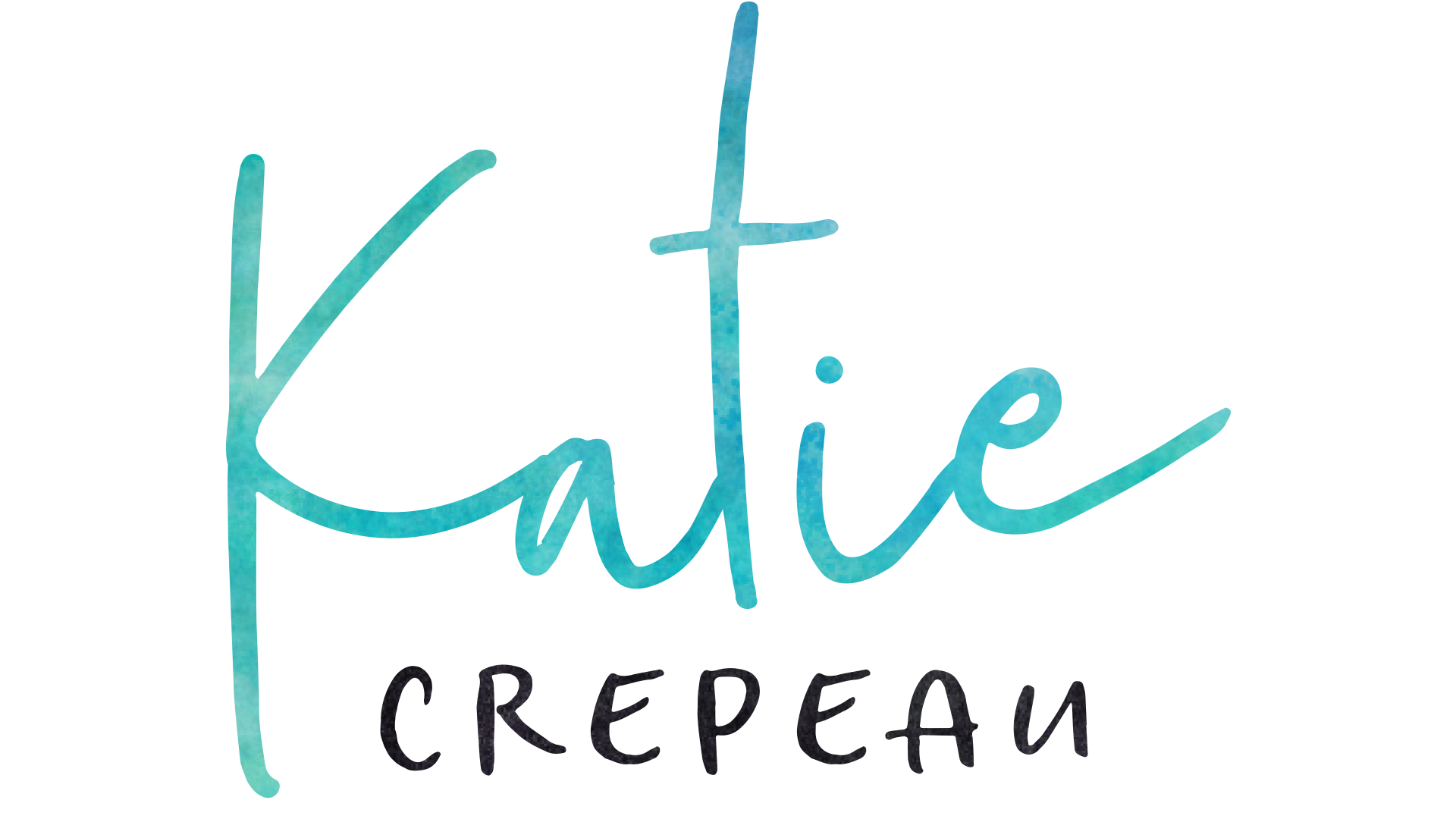Have you started writing and sharing your profile statement and your new bio?
What are people telling you? How are they responding?
Are you hearing a lot of,
Yes, that’s you! Get it out there!
Or is it more on the lines of,
Hmmm, suuuure, that sounds good. Wait, actually, what does that mean?
Or maybe some are flat out,
Nah, I don’t get it. You need to be more direct. Too much jargon.’
Pay close attention to those no’s and wishy-washy feedback because they are a source of comfort – and they are helping you get better at communicating what you do.
And that ultimately leads to getting paid to do what you want to do for people who need it most.
More no’s = better projects + ideal clients
Are you familiar with product-market fit? If you are fairly new to freelancing and business or you’ve been at it unsuccessfully for some time, you should be aiming for product-market fit. Entrepreneur Marc Andreessen defines it as:
Being in a good market with a product [or service] that can satisfy that market.
That is how more no’s, rejection, and confusion from people can actually help you. Mark Butler at Budget Nerd explained it like this at a recent online money conference:
Finding product-market fit is really a matter of getting through the ‘no’s.
Let that sink in for a minute.
The more no’s you have, the closer you are to determining who is ready, willing and able to pay for or support your services or products.
And that is when your unique value shines.
But, wait.
There are a couple of other factors we need to review when you receive those no’s and wishy-washy feedback.
First, look at the source of feedback
When you get feedback, you need to evaluate not only the content but the source. (Actually you should do this before asking for feedback, which the list below will help to do.)
Whether it’s a negative response, harsh criticism, or a big, flat-out rejection, taking a moment to identify and understand the person behind it can help you figure out what to do with the information.
Author Michael Hyatt recently shared these three types of critique sources, which I find to help categorize feedback I receive.
- True Friends: these people want what is best for us, and we should encourage them to be critical for our betterment.
- Honest Critics: people who disagree with our ideas or find problems with what we do. Learn from their criticism to refine and improve what we do.
- Unhealthy Trolls: those that are out to hurt you or use you for their own ends. They want to lure you into a fight for their own amusement.
Now, take a look at who you asked for feedback on something you’ve written or created. Where do they fall in this list? Are there any #3s that you’ve been giving too much energy towards? If so, scrap their responses and move on.
Second, filter what you want to take on board
Let me give an example.
When I wrote the first draft of my revised bio, I sent it to a friends, colleagues, and fellow business owners I know. I had a lot of well-meaning suggestions come back to me, from improving the flow to changing the formatting and changing word choice to redoing phrases.
I took a lot of it on board, but I used these questions to filter their responses:
- Does this get me closer to connecting with my ideal client?
- Is this something I imagine my ideal client saying, or seeking?
- Does this help me get to where I want to go in my business?
See, almost all of the people I initially asked to review my bio where NOT my ideal clients. But my bio is meant to attract my ideal client, so I needed to keep this in the forefront of my mind when determining which revisions to make.
Now you’re up.
Write that profile statement or bio and get it in front of your true friends and honest critics.
Then filter what they say, and you’ll get closer to your product-market fit where you unique value will be central.
Photo by Gemma Evans on Unsplash
For the next two months, I’m posting weekly articles, interviews, and activities on defining your unique value.
Knowing, communicating, and living in this talent-focused state of being is the foundation to creating more impact for others – and this is what I want you to tap into.
